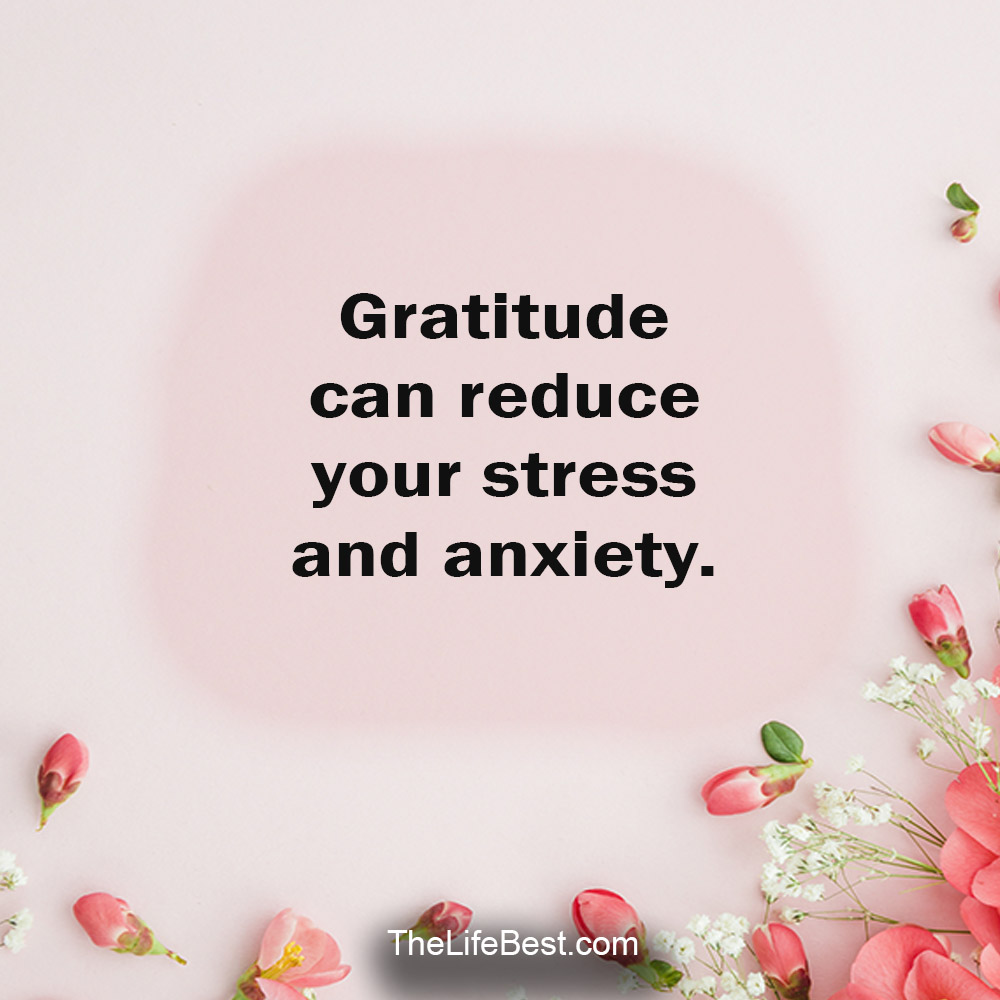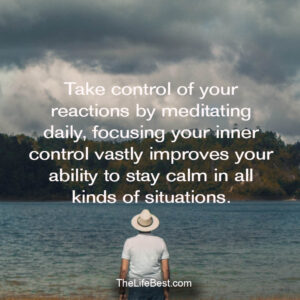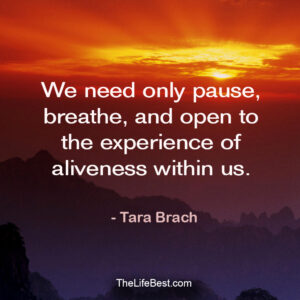Gratitude can reduce your stress and anxiety.

Gratitude can reduce your stress and anxiety.
The Power of Gratitude in Reducing Stress and Anxiety
Gratitude is a powerful thing. It means feeling thankful for the good things in our lives, big or small. And did you know it can actually help us feel less stressed and anxious?
1. Understanding Gratitude’s Impact on Stress and Anxiety
Studies have shown that practicing gratitude can lower levels of stress hormones in our bodies. It’s like a natural stress-buster! When we take time to appreciate the good things in our lives, our bodies respond by relaxing, and our minds feel calmer.
2. How Gratitude Helps Put Things into Perspective
Gratitude also helps us put things into perspective. When we’re feeling stressed or anxious, it’s easy to get caught up in negative thoughts. But focusing on what we’re thankful for reminds us that not everything is bad. It helps us see the bigger picture and realize that even in tough times, there are still things to be grateful for.
3. The Role of Gratitude in Fostering Positive Emotions
Another way gratitude reduces stress is by fostering positive emotions. When we feel grateful, our brains release feel-good chemicals like dopamine and serotonin. These are the same chemicals that make us feel happy and content. So, by practicing gratitude, we’re literally boosting our mood and giving ourselves a natural antidote to stress and anxiety.
4. Simple Practices to Cultivate Gratitude
But how do we practice gratitude? It’s simple! We can start by keeping a gratitude journal. Each day, write down three things you’re grateful for. They can be as small as a good meal or as big as a loving family. The key is to focus on what brings you joy and appreciation.
We can also express gratitude to others. Saying thank you to someone who has helped us or made a difference in our lives not only makes them feel good but also strengthens our own sense of gratitude. It’s a win-win!
Finally, we can practice mindfulness. This means paying attention to the present moment without judgment. When we’re mindful, we’re more aware of the good things around us and better able to appreciate them.
Conclusion
In conclusion, gratitude is a simple but powerful way to reduce stress and anxiety. By focusing on the positive aspects of our lives and expressing thanks for them, we can shift our mindset from worry to appreciation. So, let’s take a moment each day to count our blessings and cultivate a heart full of gratitude.





